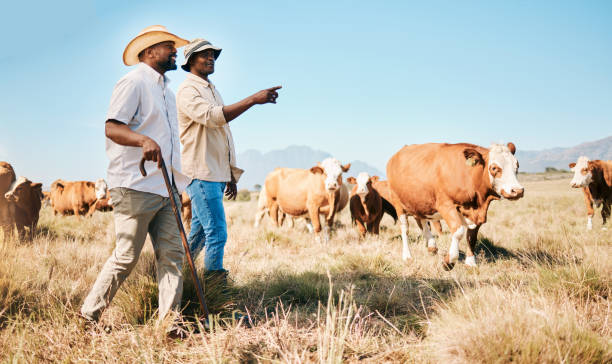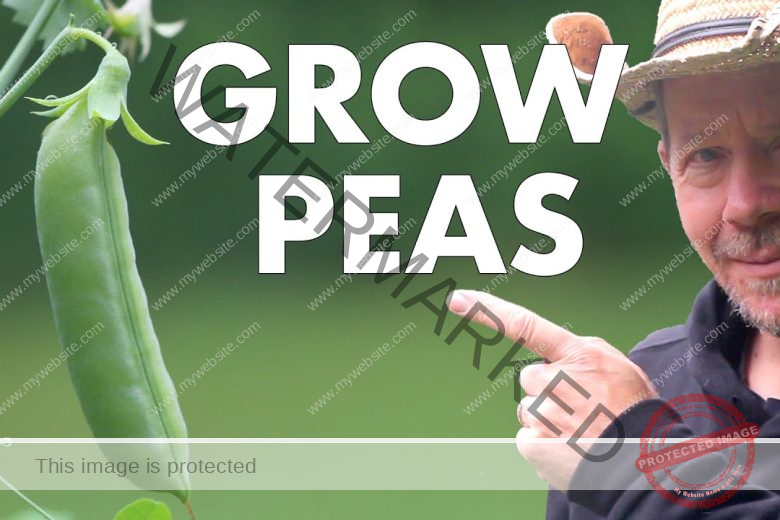We will taking out time to discuss some of the challenges and solutions livestock management faces in Africa.
Livestock play a crucial role in the agricultural landscape of Africa, providing a source of income, nutrition, and social value for millions of people.
However, the sustainable management of livestock in African agriculture faces numerous challenges that threaten both the livelihoods of farmers and the overall food security of the continent.
This article explores the key challenges associated with livestock management in Africa and proposes potential solutions to address these issues.
Livestock Management in African Agriculture: Challenges and Solutions
Challenges:
Climate Change and Environmental Degradation:
African countries are particularly vulnerable to the impacts of climate change, leading to unpredictable weather patterns, increased temperatures, and prolonged droughts. These changes directly affect the availability of water and forage for livestock, making it challenging for farmers to sustain their herds.
Solution: Implementing sustainable grazing practices, water conservation methods, and promoting climate-smart agriculture can help mitigate the impacts of climate change on livestock farming.
Disease Outbreaks:
Livestock diseases, such as foot-and-mouth disease, Rift Valley fever, and various parasites, pose a significant threat to the health of animals and the livelihoods of farmers. Inadequate veterinary services, lack of awareness, and poor disease surveillance contribute to the spread of these diseases.
Solution: Strengthening veterinary infrastructure, conducting regular vaccination campaigns, and enhancing disease monitoring and reporting systems can help control and prevent the spread of livestock diseases.
Limited Access to Markets:
Many smallholder farmers in Africa face challenges in accessing markets for their livestock products. Poor infrastructure, inadequate transportation, and a lack of market information hinder farmers from selling their animals at fair prices.
Solution: Developing efficient transportation systems, establishing market linkages, and providing farmers with access to market information through technology can improve market access for livestock products.
Land Degradation and Overgrazing:
Overgrazing, often exacerbated by a growing demand for livestock products, leads to soil erosion and degradation. This results in decreased pasture quality, limiting the carrying capacity of the land for livestock.
Solution: Implementing rotational grazing systems, adopting agroforestry practices, and promoting sustainable land management techniques can help prevent overgrazing and mitigate land degradation.
Limited Access to Finance and Resources:
Many smallholder farmers lack access to financial resources, preventing them from investing in improved livestock breeds, veterinary care, and necessary infrastructure for sustainable livestock management.
Solution: Establishing microfinance initiatives, providing training on financial literacy, and promoting public-private partnerships can enhance farmers’ access to financial resources and improve overall livestock management.
Solutions:
Education and Training:
Investing in education and training programs for farmers on sustainable livestock management practices, disease prevention, and climate-smart agriculture can empower them to make informed decisions for the well-being of their livestock.
Technological Innovation:
Introducing technology such as mobile apps for market information, disease surveillance, and weather forecasting can revolutionize livestock management, providing farmers with real-time data to make informed decisions.
Community-Based Approaches:
Encouraging community-based organizations and cooperatives can foster collaboration among farmers, enabling them to collectively address challenges such as market access, disease control, and resource management.
Government Support:
Governments play a vital role in supporting sustainable livestock management through policy development, investment in infrastructure, and the establishment of regulatory frameworks to ensure the well-being of both farmers and their animals.
Solution to Livestock Production in Nigeria:
The solution to the challenges faced in livestock production in Nigeria involves implementing comprehensive strategies. This includes improving veterinary services, promoting sustainable grazing practices, investing in research for disease-resistant breeds, and providing farmers with access to finance and training. Strengthening the regulatory framework and supporting the adoption of modern technologies can also contribute to enhancing the productivity and sustainability of livestock production in Nigeria.
Livestock Management in Agriculture:
Livestock management in agriculture involves the planning, organization, and control of livestock activities to ensure optimal production and well-being of animals. This includes practices such as feeding, breeding, health care, and resource management. Effective livestock management is essential for sustainable agriculture, as it maximizes productivity while minimizing negative environmental and social impacts.
Problems with Livestock Marketing in Nigeria:
Livestock marketing in Nigeria faces challenges such as poor infrastructure, limited market information, and inadequate transportation. These issues hinder farmers from accessing profitable markets for their products. Solutions involve improving transportation networks, establishing market linkages, and leveraging technology to disseminate market information to farmers.
Problems Caused by Livestock Farming:
Livestock farming can contribute to environmental degradation, including soil erosion and water pollution, if not managed sustainably. Overgrazing can lead to land degradation, and improper waste disposal from concentrated animal feeding operations can contaminate water sources. Implementing sustainable practices, such as rotational grazing and waste management systems, can mitigate these environmental issues.
Solutions to Problems in Animal Farm:
In George Orwell’s “Animal Farm,” the problems faced by the animals stem from corruption and abuse of power. The ultimate solution involves a collective realization among the animals about the need for equality, transparency, and fair governance. Overthrowing oppressive leadership and establishing a just and inclusive system are presented as solutions to the problems in Animal Farm.
Solutions to Agricultural Problems in Nigeria:
Addressing agricultural problems in Nigeria requires a multifaceted approach. Key solutions include investing in rural infrastructure, providing access to credit and modern farming technologies, supporting research and development, promoting sustainable agricultural practices, and enhancing market linkages. Additionally, there is a need for effective policy frameworks and government commitment to create an enabling environment for agricultural growth and development.
Conclusion:
Livestock management in African agriculture is a complex and multifaceted challenge, but with concerted efforts and innovative solutions, it is possible to create a more sustainable and resilient system. By addressing issues related to climate change, disease control, market access, and resource management, African nations can unlock the full potential of their livestock sector, improving the livelihoods of farmers and contributing to overall food security on the continent.




